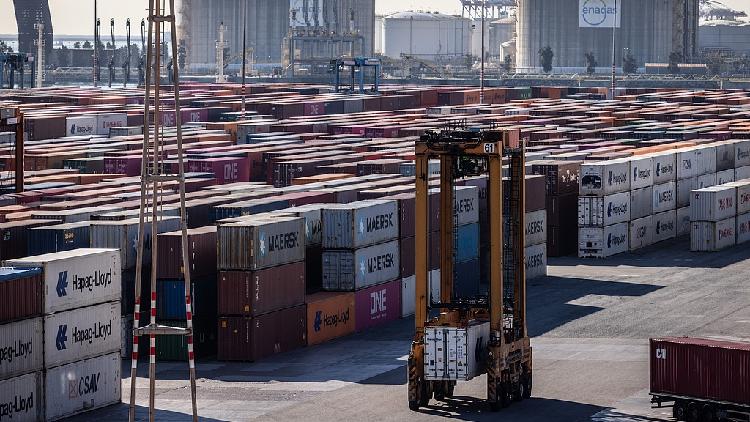U.S. Tariffs Pose Threat to Economic Stability, Jeopardizing Global Trade
Global trade faces significant challenges as U.S. tariffs pose a threat to economic stability.

U.S. President Donald Trump outlined a 25 percent tariff on imports from Mexico and Canada, alongside a 10 percent tariff on goods from China. He suspended the previously threatened steep tariffs on Mexico and Canada, agreeing to a 30-day pause in exchange for concessions related to border and crime enforcement with both neighboring countries. Trump characterized the move as a strategy to safeguard American industries and combat illicit trade activities. Nonetheless, the decision has already elicited strong responses from the nations concerned, who are contemplating countermeasures.
In related news, Trump has hinted at the possibility of extending tariffs to the European Union, raising apprehensions about a wider trade conflict that could escalate market instability. Canada and Mexico have already indicated their plans to retaliate, which may lead to a tit-for-tat tariff war, detrimental to businesses across all parties involved.
There are also worries that the U.S. may levy tariffs against the UK, adding another layer of complexity to ongoing trade discussions. Should these tariffs be enacted, they could complicate UK-U.S. trade relations, making it more challenging for British exporters to compete in the American market, while also raising costs for U.S. consumers, according to BBC.
Analysts from Reuters pointed out that tariffs could diminish corporate profits, increase production expenses, and result in elevated consumer prices. Large multinational corporations with global supply chains are especially susceptible, as tariffs could disrupt cross-border trade flows and raise the costs of raw materials. This ensuing economic uncertainty has already unsettled financial markets, leading to declines in stock indices following the announcement.
Sanya Singh for TROIB News
Find more stories on Business, Economy and Finance in TROIB business












